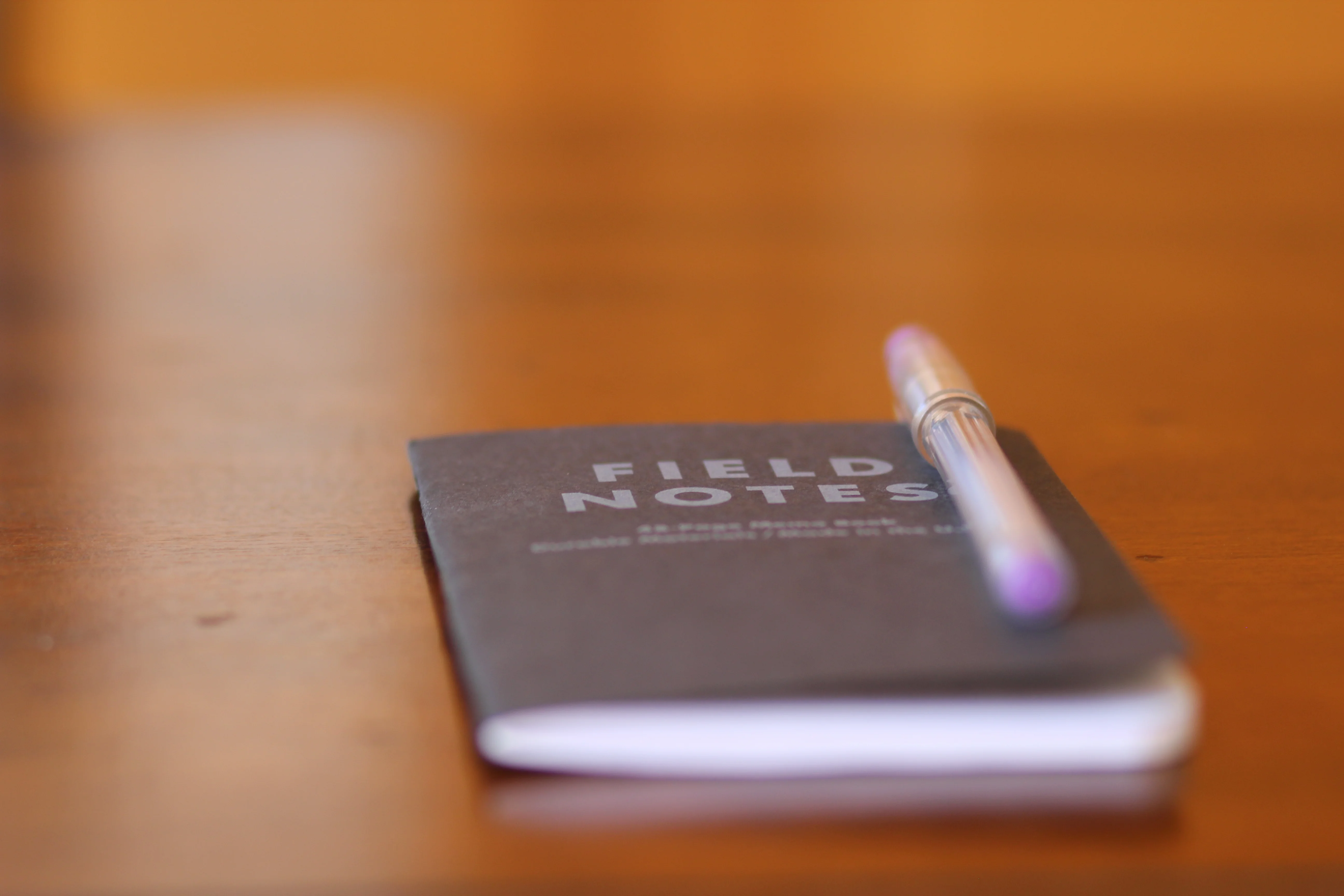More research is pointing to a loss of empathy, getting worse over time. This trend will be damaging to all of our efforts to decrease discrimination and exclusionary behaviors in the tech sector. I'm not sure how I can help, but the best way is starting with my own kids.
I quickly react to ideas, often hurting the final product. If execution is everything, and ideas are worthless, why are the end results not good enough? It's because that sentiment is wrong. Cultivating a great idea takes time, and this is my method for ensuring I'm patient enough for that to happen.
Obstacles inevitably arise as we progress towards our goals. Rather than get discouraged, or worse, burn myself out attempting to overcome them I wanted to shift my perspective. Now with a simple 3 step technique I've managed discovered that best opportunities arise from obstacles.
Sometimes we are compelled to build instead of buy. We call it the Not Invented Here Syndrome, and it both launches and destroys businesses. Where does this desire originate and is it constant? I don't think so, and I think that we can trigger it based on research from Dan Ariely and other social economists and psychologists.
I've revitalized my days, given myself focus and purpose. It was surprisingly easy, I just had to start each day by answering 3 questions. On any given day, it takes me about 5 minutes to finish this process. Those 5 minutes give me hours of happiness and productivity I wouldn't otherwise have.
As psychologists reveal more about how we make decisions, some surprising (and unsurprising) results have been delivered. I want to make the best decisions I possibly can, so this research is important to me. I think that with the combination of default options and trust in others we can save our energy for the decisions that really matter.
When I unexpectedly hit a day of no momentum, no inspiration, I looked at why I write and what I hope to gain. The answers were not unexpected, I write to test an idea. It was a beneficial and helpful process to explore my technique to approaching an idea and saying out loud what is most important to me.
It's natural to replace many choices with one simpler representation. This is called the Similarity Heuristic and helps consumers make decisions when faced with so many options. As a product developer, this same tendency exists and creates an Abstract Customer. We simply can't keep up with the variety of customers as we scale, and it can be dangerous when starting out to assume we understand our future customers.
Can we use this cognitive power to help us create better decisions? I think so and here is my idea on how to find success.
After struggling for years to get a better idea of how to define important work, throwing out mistakes, and questioning success I found a bit of clarity. Three simple questions before I get started on any new work has made all the difference.
It's very difficult to recruit top performing developers. There has been a measured 2.5 times performance difference between average and the best. If passion drives performance, how do you find passionate developers? This is what I've learned over the last 15 years working and hiring developers.
After struggling for years just over a coffee meeting, I tried a few ideas. What I found was something very simple that worked really well. It was so obvious to me but took a long time to discover.
The first rule helps the others: Humans first. The best meetings come from the human across the table.
I learned a lot about leadership, but I never understood it. My 7 year old son taught me how to understand leadership, and this is the story.











